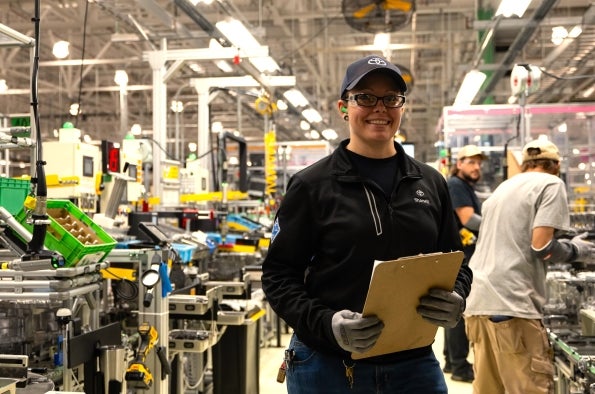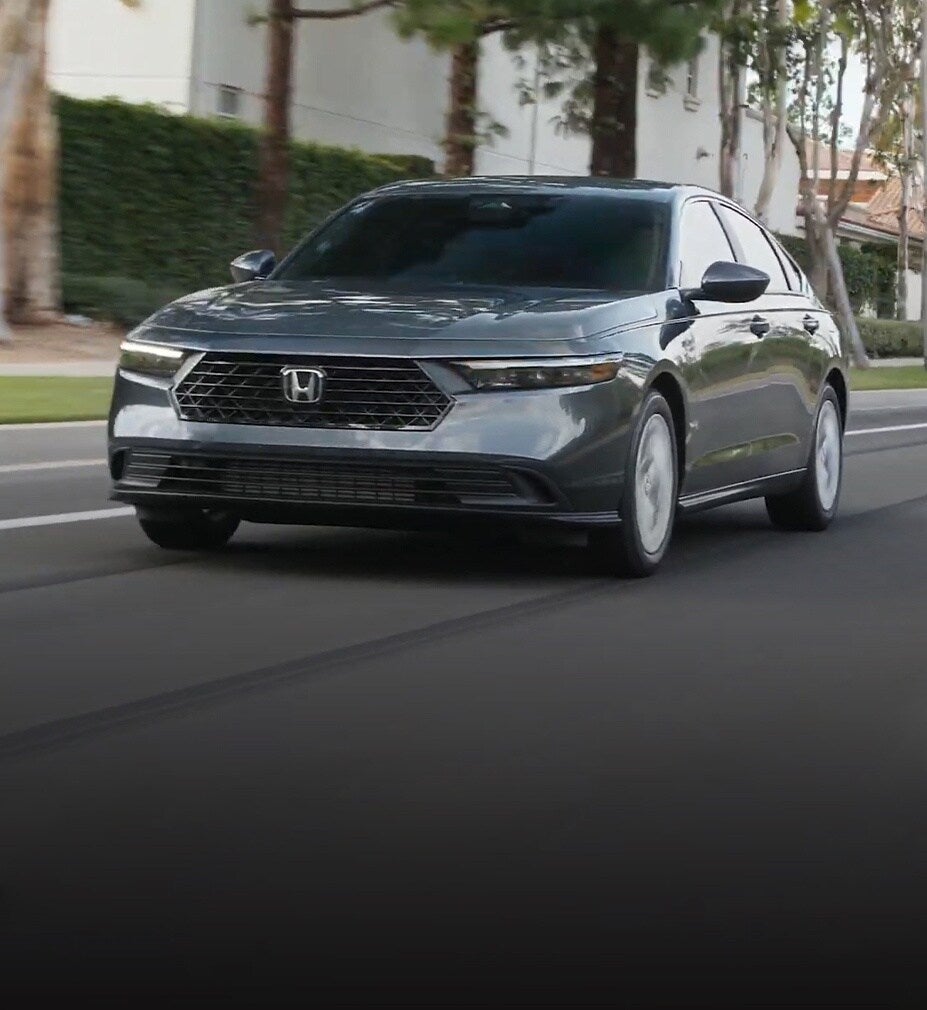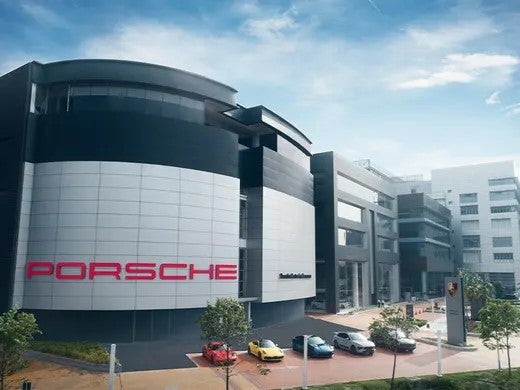Smart will put an electric Fortwo model into series production in 2010 after successful trials of the technology in London and other major UK cities.
The 100-strong vehicle test of the old shape electric Fortwo started in late 2007 using sodium nickel chloride batteries but the 2010 production version will use the second-generation model and feature lithium-ion batteries developed and manufactured by Tesla (the independent electric vehicle firm that Smart’s parent company Daimler recently took a 10% stake in).
Some 1,000 electric Smarts will be produced in 2010 and Smart is inviting applications from interested businesses and private individuals to run them across seven countries (including major cities like Rome, Milan and Paris as well as several so far unnamed US ones) to learn more about the new market before an upgraded version of the 2010 technology goes global two years later and vehicle production ramps up to 10,000 a year.
Asked why Smart isn’t going straight into full production in 2010 Smart’s Electric Drive (ED) product manager Pitt Moos told just-auto: “The 2010 vehicle is not a technology test, it’s to learn about the market. We know there is increasing demand so we’re not concerned about customer acceptance, but working in a market that doesn’t exist if you want to jump into the water you’d better learn how to swim. 2012 is when the story really starts with all markets and dealers involved, better range, power capability and stronger battery cells.”
The 2012 model will still use lithium-ion battery technology but Moos says Smart is currently looking at various improvements including finding safer ways to discharge more of the battery’s potential energy – effectively getting closer to zero charge – without battery damage. The speed of re-charge is not as high on his agenda partly because the Smart only has a small battery so doesn’t take as long to recharge but also because utility experts have told him that quick charging methods might prematurely wear out the battery and affect battery life – which on the current model is up to 10 years. As he added: “Utility experts say ‘charge at night and do it slowly’.”
How well do you really know your competitors?
Access the most comprehensive Company Profiles on the market, powered by GlobalData. Save hours of research. Gain competitive edge.

Thank you!
Your download email will arrive shortly
Not ready to buy yet? Download a free sample
We are confident about the unique quality of our Company Profiles. However, we want you to make the most beneficial decision for your business, so we offer a free sample that you can download by submitting the below form
By GlobalDataHow the product will be sold is still being discussed within Smart according to Smart ED UK project manager Tom Morrison-Jones, although a leasing deal similar to the trial started in 2007 – where customers pay GBP375 per month over four years – could well be implemented to give Smart a level of control and monitoring over the product and equally, early-adopting customers greater peace of mind.
The current sodium nickel chloride battery trial model has a range of 60-70 miles, will fully recharge in eight hours, but still manages, says Smart, the equivalent of 300mpg with zero in-use emissions and a 6.5-second 0-30mph time.
Morrison-Jones added that grants would be key to the model’s success noting the UK government’s pledge of GBP2,000-GBP5,000 per car available to suitably low-carbon vehicles from 2011. More details of this scheme are due to be announced by the UK Government next week.
Guy Bird







